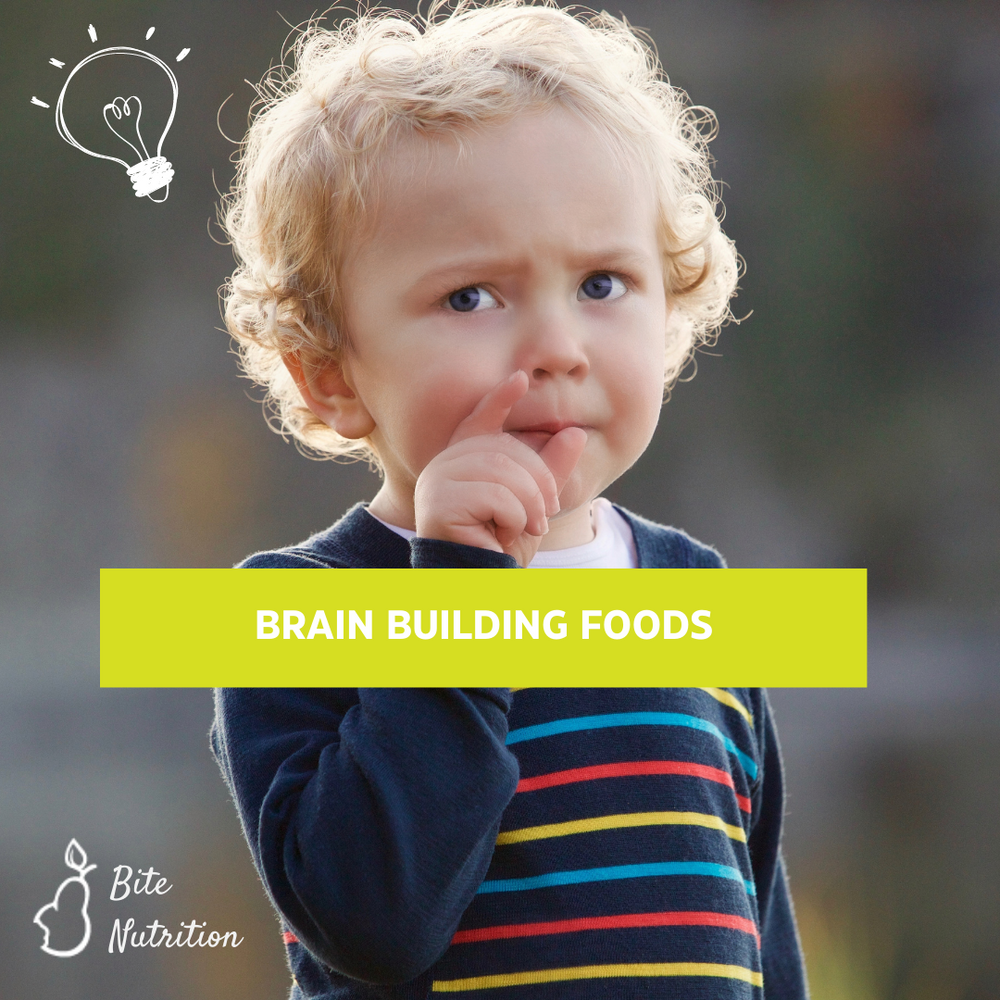Brain Development in the First 1000 Days

The first 2 years of life – the first 1000 days, includes creation to 2 years of being on the outside. The brain specifically becomes recognizable as such at day 18 and from this day until 2years of age, is the most rapid change during a human’s lifetime.
This time is essential for the brain to build its foundations and wiring to support fundamental processes and behaviours and the three most impactful things during this time on development is:
- Nutrition
- Love from a primary caregiver and
- Social safety from the environment.
Brain Structures and Processes
The structures include:- The prefrontal cortex (planning, attention, inhibition, multitasking)
- Brain circuits involved in social development.
- Sensory systems – such as auditory and visual structures, the work of the
- Hippocampus in declarative learning and memory,
- The neurotransmitter systems related to affect and reward and
- The myelination of the brain – which impacts our speed of processing information – all occurs during this time.
Nutrition for Brain Growth
All nutrients are necessary for brain growth, however the key nutrients that support neurodevelopment specifically include protein; zinc; iron; choline; folate; iodine; vitamins A, D, B6, and B12; and long-chain polyunsaturated fatty acids.Macronutrient (protein, fat, glucose) sufficiency is essential for normal brain development. Early macronutrient undernutrition is associated with lower IQ scores, reduced school success, and more behavioral dysregulation.
Firstly, understanding what the macronutrients are is essential. Let’s take a minute to focus on those on the one that is most important for brain development in particular, protein, and then you can click into our other articles on each of the other micronutrients most impactful on the neurodevelopment of your babies brain to ensure your baby gets the best start possible.
Macronutrients
These are the 3 primary groups of nutrients the body needs to grow and survive with. Protein, carbohydrate and fats are the important macronutrients that each human needs to live, however growing bodies clearly have higher needs of these macro nutrients at particular stages of growth, to grow well.To learn more about exact serve sizes and portions of each, please visit the Eat for Health website and/or use this link for one of their guides.Protein
The building blocks of your body, proteins are essential for growing bodies. The richest sources of protein, packaged in a way that our bodies can absorb easier, (“high bioavailability”), is through animal flesh or products. Proteins are made up of amino acids and the amino acid combinations in animal products are complete proteins. You can read our separate blog to learn more about amino acids.
Plant sources of protein do not contain all the essential amino acids that the body requires to create, repair and work in a healthy way, so you need to ensure you get all the correct complimentary foods in over a day to achieve the same results as you would with animal flesh. If you have decided to give your child a diet with no animal flesh and/or products, please see a dietitian so you can learn more about complimentary amino acids and ensure your child’s diet has enough complete protein over a day and week to have them grow and develop in a healthy way.
Meat, poultry, fish, eggs, tofu, nuts, seeds, legume’s and beans are all foods that are high in protein. So, make sure your baby and child get’s these foods every day. Specifically red meat 3-4 times per week for minerals such as iron, fish 2-3 times per week for the additional benefit of omega fats are important protein sources that should be included weekly.
Minerals and Vitamins for Brain Building
For information on the other vitamins and minerals we have listed above, keep checking in on our existing and upcoming blogs on each of them.
If you have any concerns about your child's diet, intake and growth, always consult a qualified health professional such as a dietitian.

